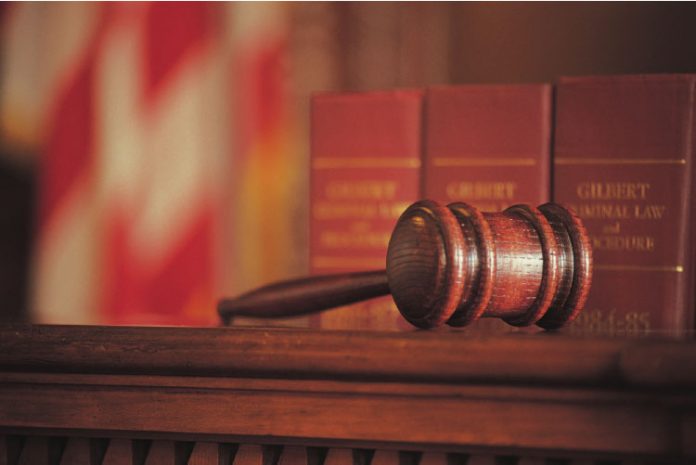A federal judge on Dec. 14 denied a motion to dismiss charges against a Chula Vista man on the basis that the Acting U.S. Attorney General had not been confirmed by Congress.
Attorney Eugene Iredale, who represents Johnny Martin, 59, argued to U.S. District Court Judge Gonzalo Curiel the case against Martin should be thrown out because there is no confirmed U.S. attorney general following the forced resignation of Jeff Sessions by President Donald Trump.
Curiel told Iredale and Assistant U.S. Attorney Meghan Heesch there was no need for him to rule as to whether Acting Attorney General Matthew Whitaker is properly appointed by Trump because Sessions was in office when the original indictment was returned against Martin in June.
“There’s no showing that Acting Attorney General Whitaker has any role in this case,” said Curiel.
Iredale disagreed, saying that the Attorney General Succession Act of 1870 requires a Congress- approved appointment of an attorney general. He said there is “a structural requisite for a lawful prosecution.”
Iredale said Whitaker has some influence over cases in his jurisdiction. “The fish rots from the head down,” said Iredale.
Whitaker had not been appointed at the time of the indictment, said Curiel. Heesch asked the judge to dismiss the motion, saying Whitaker’s appointment is only temporary.
Martin is a former supervisor in the U.S. Department of Homeland Security and he is charged with one count of making a false statement to a federal agent about improper transmission of sensitive law enforcement information to two people who are charged with misusing whatever information Martin provided.
Martin has pleaded not guilty and remains free on $50,000 bond.
The charge alleges that Martin improperly searched a confidential law enforcement database for names that he provided to two other people who later unlawfully posed as Homeland Security agents. The indictment says Martin falsely told FBI agents that he had no idea how the documents were transmitted to them.
A trial date was set for Jan. 23. Iredale said the trial would probably last about three days. Heesch said she planned to call only one or two witnesses before she would rest her case.















